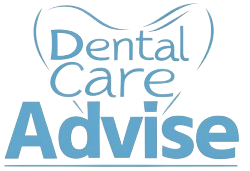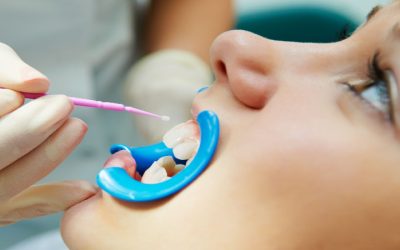Many people are so anxious about going to the dentist they would never set an appointment unless they knew some type of sedation was available. A family practice dentist in Providence RI typically offers the options of nitrous oxide, known as laughing gas, and oral sedation through a liquid or tablet medication. These methods relax the patient enough so anxiety is minimized or eliminated altogether.
Physical Symptoms of Anxiety
Research has described actual physical symptoms people report when they experience anxiety related to dental appointments. For instance, study participants report unpleasant symptoms such as sweating, heart palpitations, nausea, dry mouth, and restlessness. Sedation provided by a Dentist in Providence RI is intended to address these symptoms through calming effects on the nervous system.
Sedation vs. General Anesthesia
Although the oral medication is not technically considered a sleep agent, some patients actually do fall asleep in the dentist’s chair at a clinic like Atwill-Conroy Dental Associates. That’s especially likely if the person has been somewhat sleep deprived. This is not the same effect as general anesthesia has, which sends the patient into a very deep sleep. The person then cannot wake up during the procedure and the effects of the anesthesia have to start wearing off before waking occurs. Visit us online for more information.
Forgetting the Procedure
Intriguingly, both nitrous oxide and oral sedation have been found to reduce a patient’s memory of procedures at the dental clinic. Even if the patient experienced some discomfort or pain during treatment of a cavity or infected tooth during the appointment, he or she was unlikely to remember this later when questioned about it.
Considerations
A dental patient might wonder whether it would make sense to simply drink a shot or two of an alcoholic beverage right before the appointment. Dentists generally discourage this for a few reasons. For instance, the effects are not as controlled as those of sedation in a dental clinic. The effects could start wearing off in the middle of the appointment, leaving the patient feeling tense and nervous. Providing sedation would not be advisable during an appointment since it could interact with the alcohol in a negative way.



